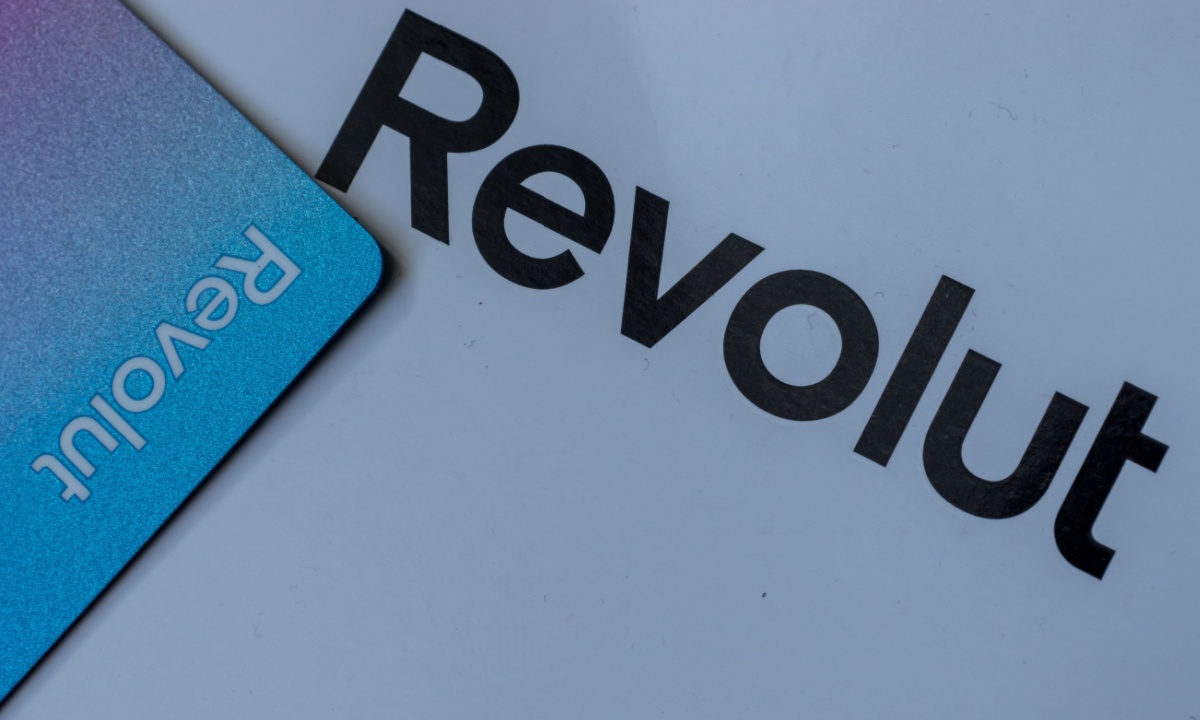Revolut is still reportedly waiting for permission to offer credit services in the U.K.
That’s according to a report Monday (July 7) by the Financial Times (FT), which notes that this is the latest in a series of roadblocks on the company’s journey to become a full-service bank in its home country of Great Britain.
Sources told the FT that Revolut is still waiting for authorization from the Bank of England’s Prudential Regulation Authority (PRA) and the Financial Conduct Authority after applying for a consumer credit license in 2024.
According to the report, this license is separate from Revolut’s U.K. banking license, which it secured last year from the PRA with restrictions that limit the deposits the company’s banking unit can accept to 50,000 pounds.
Revolut offers consumer credit services in several European countries, the report adds, and plans to launch similar services in the U.K., but recognizes this is likely to be delayed until after it receives its full banking license.
That license was awarded a little under a year ago after a three-year wait. Revolut had first applied for a banking license in 2021, and saw the process take longer than normal, as the $45 billion FinTech faced scrutiny over its size and issues with its financial reporting.
The company has rolled out several new products in recent months, including new mobile plans, and said last month it would soon introduce an artificial intelligence (AI)-powered assistant.
In other news from the world of credit, PYMNTS spoke recently with Concora Credit CEO Bruce Weinstein about the ways in which providers (banks and nonbanks, including merchants) can meet non-prime consumers’ needs with co-brand and private-label cards.
As that report noted, most consumers see credit cards as synonymous with rewards programs that often dictate top-of-wallet preference. But this equation shifts for non-prime consumers, a demographic Weinstein said includes anywhere from 60 million to 100 million U.S. consumers.
“The simple definition is the people who are not well-served by the big banks,” Weinstein told PYMNTS CEO Karen Webster.
Lenders don’t reach those potential customers because of regulatory or capital constraints. Unlike their prime and super-prime counterparts, non-prime consumers “just don’t have all those options,” he said.
